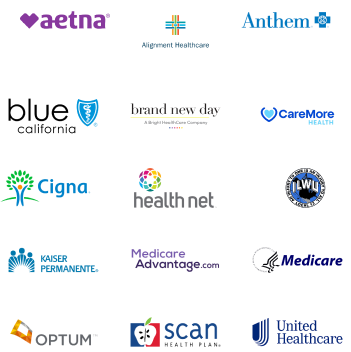Eye Infections

Overview
What Is An Eye Infection?
An eye infection is characterized by invading harmful microorganisms, such as bacteria, fungi, or viruses, in the eyeball or surrounding areas. These invaders can trigger inflammation, discomfort, and various symptoms that disrupt normal vision. They can affect different eye parts, creating unique conditions that warrant specific medical intervention.
How Common Are Eye Infections?
Eye infections are prevalent across all age groups. Environmental exposure, lifestyle choices, personal hygiene, and individual immune response can significantly influence their occurrence. Specific situations, like wearing contact lenses, sustaining eye injuries, having a weakened immune system, or being in proximity to an infected individual, heighten the risk of contracting an eye infection.
Types of Eye Infections
Eye infections are categorized based on the pathogens involved. Bacterial, fungal, and viral infections are among the most common. Each type has unique characteristics, manifests distinct symptoms, and requires specific treatment strategies.
What Causes Eye Infections?
The primary cause of eye infections is the invasion of pathogenic organisms into the eye. These could be microorganisms already present on our body or those we encounter in our surroundings. Unwashed hands touching the eyes or exposure to contaminated objects can transfer these pathogens to the eyes, triggering an infection.
Bacterial Eye Infections
Bacterial eye infections commonly occur due to pathogens like Staphylococcus aureus, Streptococcus pneumoniae, and Haemophilus influenzae. These bacteria can cause various conditions, from conjunctivitis, often known as pink eye, to severe infections like keratitis or endophthalmitis.
Fungi Eye Infections
While less frequent, fungal eye infections can occur due to eye injuries involving plant material or in individuals with a compromised immune system. Fungi like Fusarium, Aspergillus, and Candida are known to cause eye infections.
Viral Eye Infections
Viral eye infections can arise from viruses such as the herpes simplex virus or the varicella-zoster virus. Viral conjunctivitis, often called "pink eye," is a common viral eye infection that is usually highly contagious.
Symptoms
The symptoms of eye infections can vary greatly, depending on the type of invading organism. However, common signs typically include redness, discomfort or pain, discharge, itching, blurred vision, and sensitivity to light. Some severe infections may manifest additional symptoms, including headaches, fever, and swollen lymph nodes.
Diagnosis
Diagnosing an eye infection involves a comprehensive examination by a healthcare professional. The examination includes visual inspections, understanding the patient's medical history, and possibly conducting laboratory tests. Sometimes, a sample of eye discharge might be taken for lab testing to identify the exact causative agent, helping ensure the most effective treatment.
Treatment
Treatment of eye infections largely depends on the causative agent. Bacterial infections are usually treated with antibiotics, which may be given as eye drops, ointments, or oral medication. Antiviral medication is used for viral infections, while fungal infections require antifungal treatments. In severe cases, hospitalization may be necessary to provide intensive care and prevent complications.
Prevention and Risk Factors
Certain situations and conditions can increase one's risk of developing an eye infection. These include wearing contact lenses, especially overnight, poor hand hygiene, exposure to individuals with eye infections, having a compromised immune system, and pre-existing eye conditions or injuries.
Prevention of eye infections largely hinges on good hygiene and eye care practices. Regular hand washing, avoiding touching the eyes with unclean hands, proper care and use of contact lenses, and using protective eyewear when necessary are all vital preventative measures. Regular eye check-ups are also critical in identifying potential issues early on and mitigating the risk of severe complications.
We’ve Got You Covered
Our goal is to provide urgent medical care to anyone in the area in their time of need at a cost that is right for them.
Insurance & Pricing
